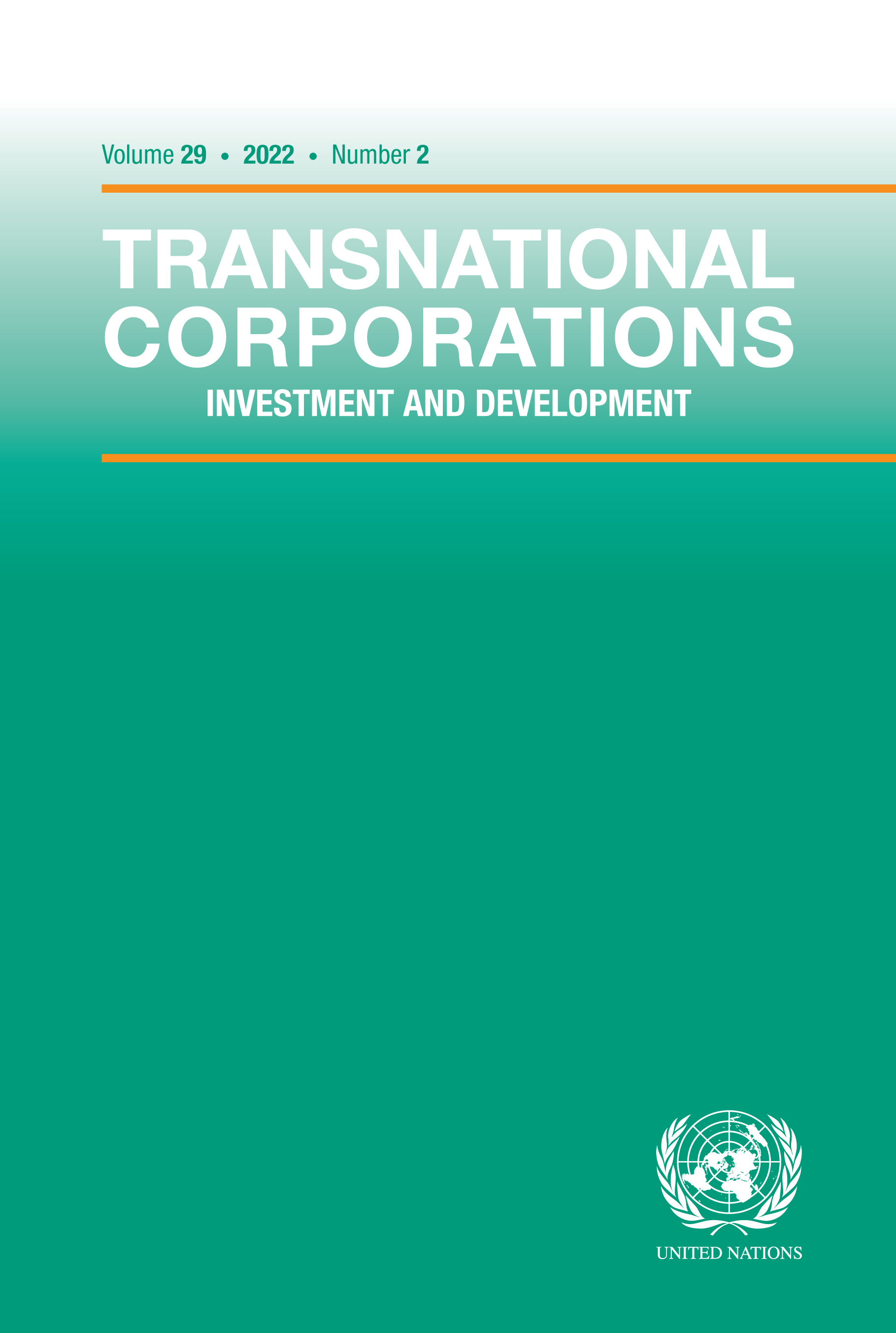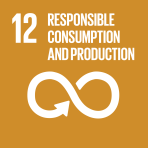-
Does FDI in agriculture promote food security in developing countries? The role of land governance
- Source: Transnational Corporations, Volume 29, Issue 2, Aug 2022, p. 49 - 78
-
- 29 Aug 2022
Abstract
As climate change, population growth, rising incomes and rapid urbanization increase the demand for food, the world is facing further pressure to enhance food security for all. Investment in agriculture and food systems is not only necessary but also critical. Foreign direct investment (FDI) is an important source to close the funding gap that developing countries face to increase food production and agricultural productivity. Yet, it poses serious challenges on domestic populations. The goal of this study is to investigate the effect of FDI in agriculture on food security in the host country. The empirical analysis employs a land access index by the International Fund for Agricultural Development (IFAD) to control for differences in land governance. Using data from 56 developing countries over a 16-year period, the empirical analysis finds evidence that FDI in agriculture has an inverse effect on food security in the host country. FDI has a more favourable impact where the land governance system is better. The findings call for an imperative role to governments for tenure reforms by formalization of customary rights to enhance tenure security for a more equitable access to land. It is also essential that good monitoring and impact assessment systems are developed to ensure transparency of the processes associated with agricultural investments.





